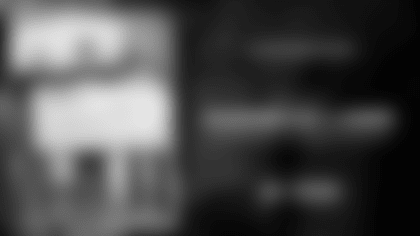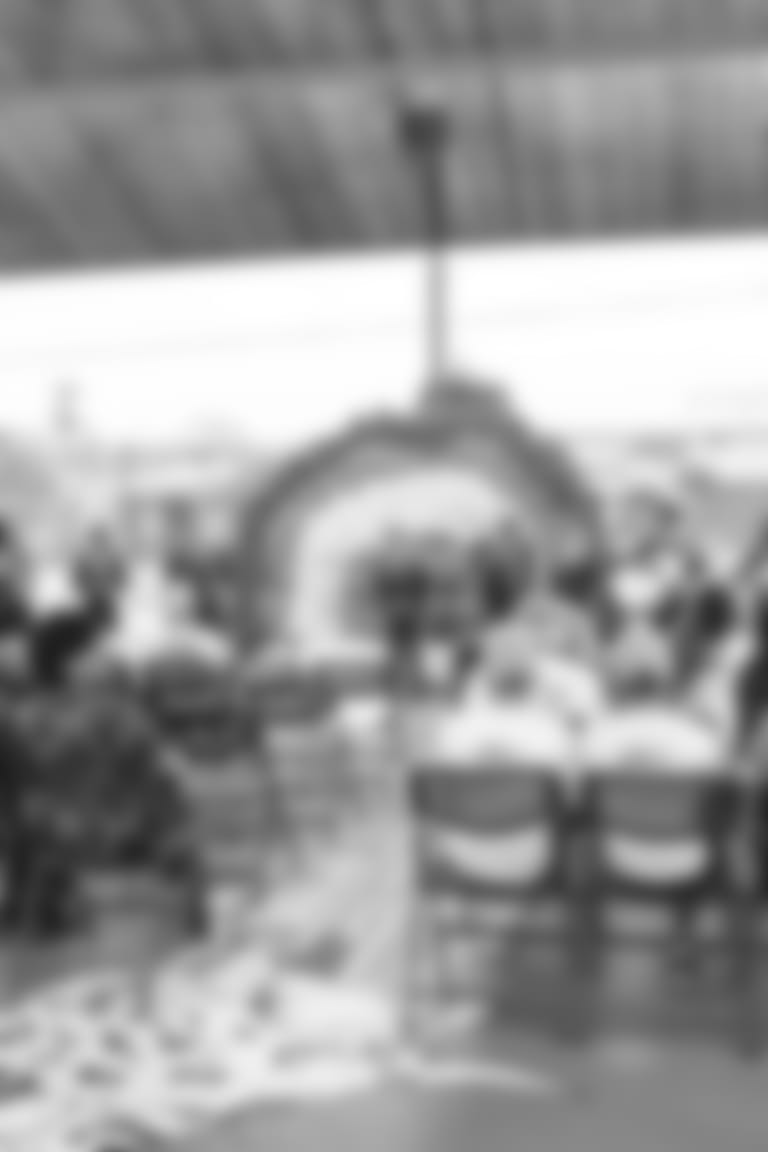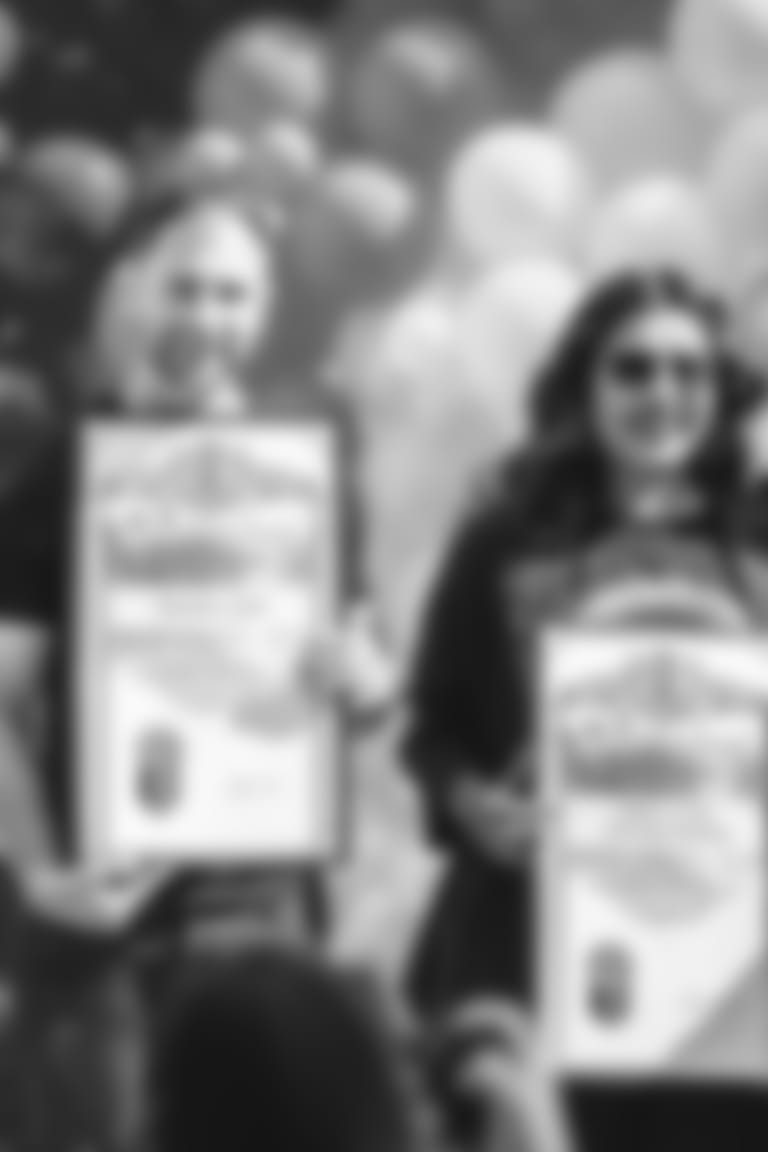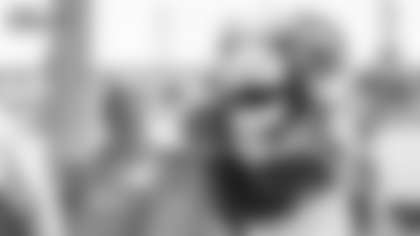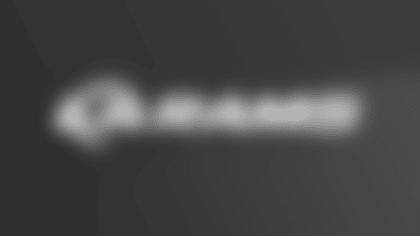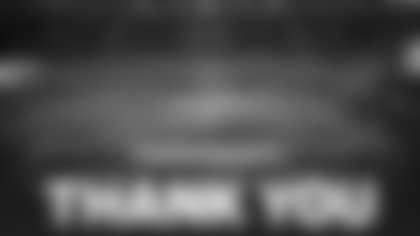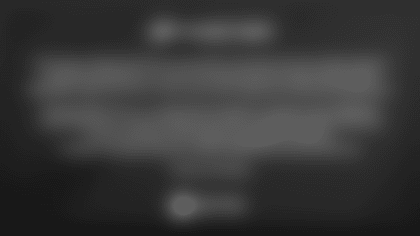EAST LOS ANGELES – As a longtime sports fan, Luis Vasquez felt like he has always had to divide how he felt.
Now, though, that's no longer the case, as the increasingly common intersectionality makes it easier to be many identities.
"You can be a lot of things and still show up to one place," Vasquez said. "I think as a huge Rams fan and football fan, to be able to bring the LGBT community into and have these conversations is powerful. There's a lot of young men that I see that are on the field, but they have to make a choice. And so being able to advocate really for young men that look like me and Black, brown, minority young men, I think it's important and so valuable to be able to have this experience. This sharing was such an important movement."
Helping facilitate that is a big reason why Toups and Luis Vasquez, co-founders of Rainbow Labs, were selected as the Rams' fourth "pLAymaker" honorees and surprised with a $5,000 check from The Los Angeles Rams Foundation earlier this month.


